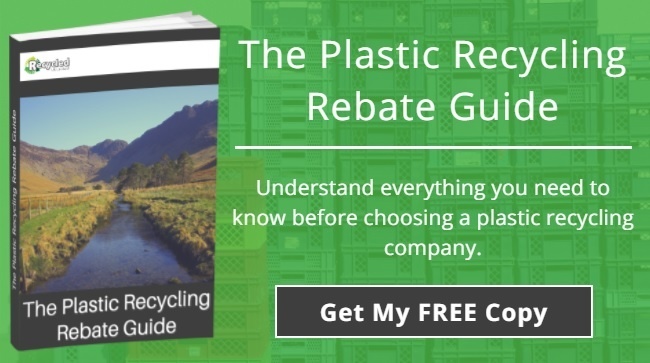
For years it has been common knowledge that the right thing to do is to recycle plastic waste if possible. The proliferation of plastic recycling companies has made this more convenient, while rebates for many types of plastic also provide a financial incentive. But what about the risk of not recycling your plastic waste? Businesses who wantonly dispose of plastic scrap that could be recycled risk a severe public backlash. They risk being exposed as environmentally irresponsible cowboys, with a potentially devastating effect on their professional reputation.
Sharing Responsibility
This risk is widely known and is usually enough to make companies at least toe the line in recycling terms, but what if you tick all the right boxes and your scrap still ends up in landfill somewhere around the world? Admittedly this would be the direct fault of the recycling company rather than your business, but who would reap the negative PR? You would.
This actually happened to a well-known brand in the UK to whom we spoke recently. The company had commissioned a plastic recycling company to take their plastic waste away for recycling, only for product labels from their scrap appearing in a research documentary investigating illegal landfill practices in India. It was a PR disaster.
How did this occur and how can you prevent it happening to you?
Many businesses don’t ask what happens to their scrap once it’s collected by the recycling company. Most reputable companies do exactly the same as we do: it is cleaned and sorted into different grades here in the UK, then granulated into small particles and either reused for manufacturing (in the UK or abroad), or securely destroyed if not recyclable. None of it ends up in landfill.
A Question Of Accountability
Unfortunately, this is not always the case. Many recycling companies and local authorities have become dependent on exporting millions of tonnes of plastic waste to China, India and other developing countries – hence the crisis brought about by China’s ban on plastic waste imports. And what happens when your waste reaches its destination in China or India? The truth is that it is hard to trace once it leaves the UK. Much of it is processed and recycled, but a lot of low grade plastics end up buried in landfill, or abandoned in open rubbish dumps. From these dumping sites it is easy for plastic to reach the sea, where it poses a danger to marine life, or to break down into toxic compounds in the earth, or simply to disfigure an area of natural beauty.
Even more worrying, we have heard of multiple cases where waste taken away for recycling was illegally buried in landfill sites here in the UK.
Risk To Brand Reputation
No business wants to risk their brand appearing on Blue Planet entangled around a turtle, or protruding from a vast rubbish dump in Brazil. To avoid this risk, simply selecting a plastic recycling company is not enough. You should choose a company that pursues an ethical and sustainable recycling policy, with a transparent process and a chain of responsibility leading from collection to secure destruction or recycling.
Your Free Guide To Plastic Recycling
Plastic waste recycling is not only an ethical responsibility. You can also reclaim a valuable rebate by following a business focused recycling strategy. To find out more, download our free Plastic Recycling Rebate Guide by clicking here.


